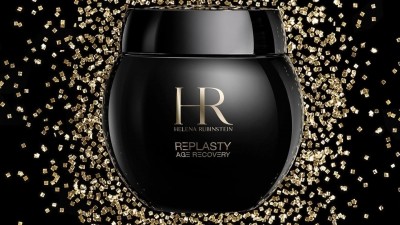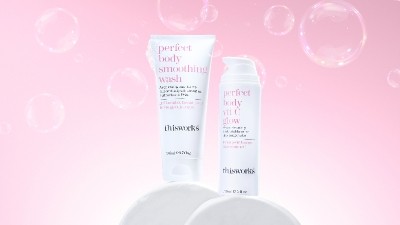Skin science: Latest stories on cosmetics science and formulation

Cosmax and Harvard team up to explore link between lifestyle, skin disorders, skin microbiome for personalised solutions
Cosmax and Harvard are partnering to investigate how lifestyle factors affect skin disorders and the skin microbiome, with the goal of developing personalised skin care solutions.
This project follows Cosmax and Harvard University’s agreement to collaborate on developing cosmeceutical products.
According to the press statement, this research could eventually lead to anti-ageing skin care developments.
P. acnes inhibitor: Bamboo vinegar found to have similar properties to lauric, azelaic acid
A Chinese study has revealed that the organic acids found in bamboo vinegar demonstrated effects comparable to lauric and azelaic acid in inhibiting Propionibacterium acnes.
A study conducted by researchers from Central South University of Forestry and Technology in Changsha, China has suggested that it has potential as an anti-acne solution when paired with activated bamboo charcoal.
Previous research has found that bamboo vinegar was effective against Staphylococcus aureus, Pseudomonas aeruginosa, Salmonella enteritidis, Escherichia coli, Streptococcus agalactiae, and Candida albicans.
Kao launches new brand to strengthen position in premium hair care market
Kao has launched The Answer, a premium hair care brand positioned to appeal to discerning consumers who are seeking both luxury and efficacy.
The products feature five key ingredients: hydrolyzed keratin, ceramide α, malic acid, lanolin fatty acid, fatty acid glyceride α.
Ceramide α, or bismethoxypropylamidoisodocosane, is the firm’s proprietary ingredient.
The five ingredients are what the firm has identified as the five essential ingredients for hair “based on 100 years of hair care research”.
Daebong Life Science derives anti-ageing material from ‘ugly lotus roots’, realises first commercial application
Daebong Life Science has developed a new anti-ageing raw material extracted from discarded lotus roots.
The material has been applied in a serum produced by an indie K-beauty brand, which will soon be sold in the US via Sephora.
This upcycled lotus root extract serum is formulated with 2,3-Butanediol, a natural moisturiser made through an eco-friendly biofermentation process, as a solvent and preservative substitute.
Tremendous potential in neurocosmetics hindered by lack of robust testing methods
The neurocosmetics sector shows tremendous potential as the line of beauty and wellness blurs, but progress in this space is hindered by a lack of testing methods.
Today, the field of neurocosmetics remains relatively underexplored, with limited understanding of its full potential and applications.
Neurocosmetics is certainly going to evolve rapidly, and this is driving the need for better testing methods.

![An aesthetic physician hopes to see the potential of personalised skin care realised in the medical aesthetic space. [Getty Images]](/var/wrbm_gb_food_pharma/storage/images/_aliases/wrbm_medium/publications/cosmetics/cosmeticsdesign-asia.com/article/2024/09/10/aesthetic-physician-highlights-potential-of-personalised-skin-care-for-effective-patient-care/17698141-1-eng-GB/Aesthetic-physician-highlights-potential-of-personalised-skin-care-for-effective-patient-care.jpg)
















